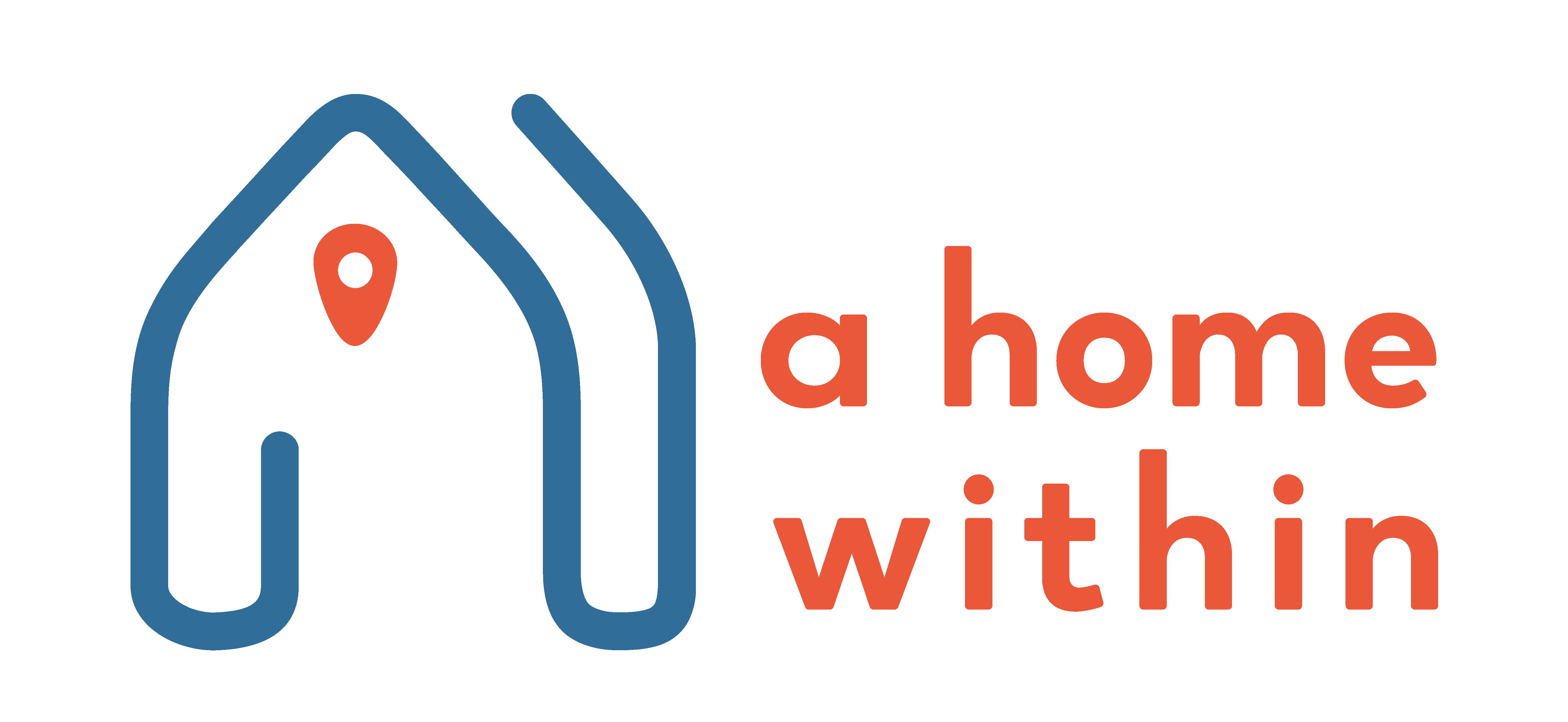Information Hub / BlogPeople Not Programs
Once upon a time, not so very long ago, “service providers” in the mental health field were referred to as “psychiatrists,” “social workers,” “psychologists,” or counselors.” These designations gave some indication of the professional education and training of the people in the field. Referrals were made to people, based on their training, interests, and areas of expertise.
A referral to a “service provider” suggests that the recommendation is more about the program than the person delivering it. Indeed, in the current climate, it seems that we often lose sight of the importance of the relationship between two people—one seeking help for psychological distress and one trained to help people address and overcome emotional suffering.
Mental health is fundamentally about relationships. Human beings are hardwired to form connections; infants cannot survive without adults tocare for them. Adults depend on each other for love, companionship, shared knowledge, and connections to the networks of relationships that friends, family, and acquaintances offer. Without these connections individuals can and do fall into isolation, depression, and despair.
We learn about relationships through having relationships. Books, movies, songs, instructional materials, and psycho-educational programs can all offer glimpses into what makes relationships work or not work. But an emotional grasp of the nuances of relationships comes from actually negotiating different kinds of relationships.
Unfortunately, foster children and youth too often have not had a healthy relationship with a primary caregiver that forms the core of all other relationships. A therapeutic relationship with an experienced and skilled clinician can, over time, help them to understand and negotiate the thousands of large and small cues and responses that determine successful interactions. This comes, not from being taught about relationships but from being in the therapeutic relationship. This core connection allows for and supports the expansion of what is known—consciously and unconsciously—about relationships to a world of ever-increasing connectedness.
When we introduce foster children and youth to too many new programs offered by too many new people at one time we may easily overwhelm their fragile relational capacities and unwittingly drive them further into isolation and depression. No matter how well-intended our efforts to address the myriad needs of foster youth when they enter the system, it behooves us to remember that they are best served by developing one stable relationship with a caring adult. It is from the safety and security of this relationship that they will, in time, be able to take full advantage of the many well-designed programs intended to address discreet social and cognitive issues that threaten their capacity to build successful relationships.
Healthy relationships grow from relationships, not from programs.
By Toni Heineman
